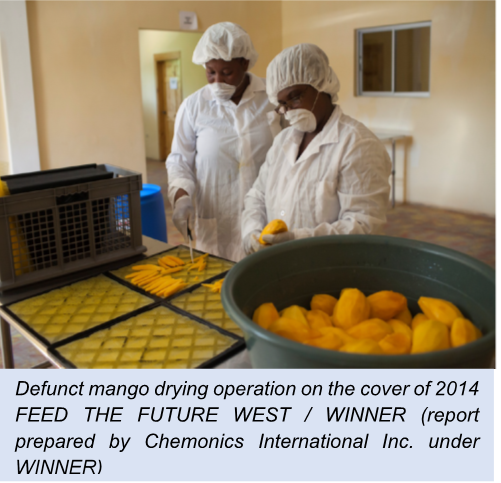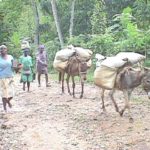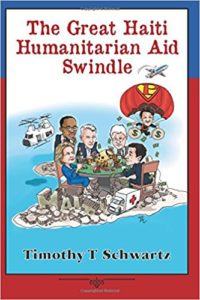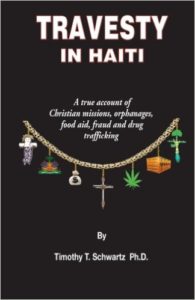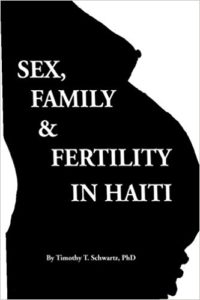USAID/IDB/Coca Cola funded Haiti Hope project invested in processing enterprises, and failed in every attempt.
A good example comes from l’Unité de Séchage de Fruits à Mirebalais–The Fruit Drying Operation in Mirabalais–funded by USAID/WINNER’s $127 million Feed the Future West project and operated by the Mirebalais association ADAIM (Association pour le développement agro-industriel de Mirebalais).
At the cost of US$300,000 the operation was inaugurated with great fanfare on the 16 November 2012. The Minister of Commerce attended as did USAID directors and Chemonics head of the USAID/WINNER project, Jean Robert Estime.
Hopes ran high. The project was going to produce 18,000 pounds of dried mango per year (MCI 2012; USAID 2012). According to a project insider, problems that doomed the business before it ever started included,
- A stove instead of an industrial drier
- High cost of electricity
- Lack of business knowledge among association members who oversaw the operation
- Workers who expected USAID/WINNER– not business profits– to pay them
ADAIM dried some mangos, but they never made it to market. The product stayed in the cooler. According to the insider, ADAIM had no means to control the quality of the producer or to determine when the sliced mangos were actually dry. When USAID inspectors came to have a look they told ADAIM to burn their stock and shut the plant down. That was some two years before the picture on the upper right of this text box was published in the first page of a report heralding USAID/WINNER’s successes.


